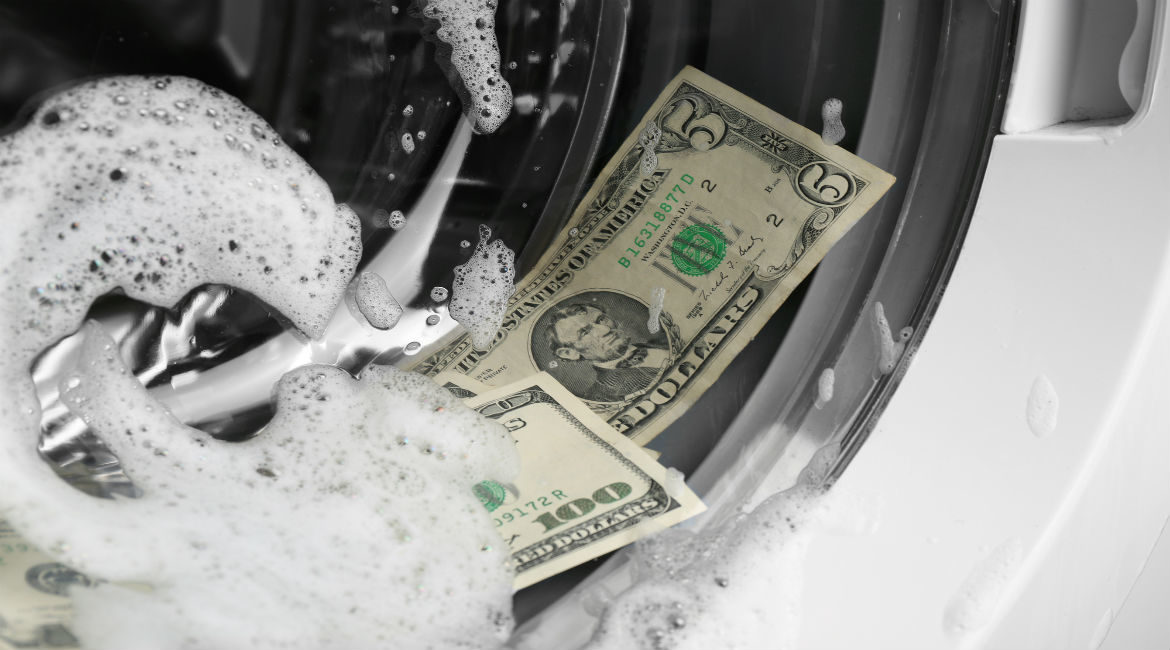 A device that was meant to force rich investors to be more transparent has become the latest symptom of Britain’s addiction to secrecy and dirty money
A device that was meant to force rich investors to be more transparent has become the latest symptom of Britain’s addiction to secrecy and dirty money
When a minister promises to bring the full force of government to bear on organised crime it is reasonable to expect results. In the case of the unexplained wealth orders (UWOs) unveiled six months ago as the government’s new weapon against money laundering, it is possible that results will emerge in due course. Indeed, it is essential, because there is nothing to show for the minister’s bold words so far. They are beginning to look like bluster.
Unexplained wealth orders were first mooted last year as a way of forcing rich foreign investors to explain the sources of their fortunes. Ben Wallace, the minister of state for security, announced in February that five government agencies including the National Crime Agency and the Serious Fraud Office were empowered to use the orders as part of a “full-spectrum” crackdown on the misuse of British assets, and especially prime London property, as a giant money laundering machine.
If the crackdown is happening it is largely invisible. Since February only three UWOs have been granted by the High Court. All target the same family. The family is appealing and all three are cloaked in a veil of secrecy. Reporting restrictions mean the family cannot be identified.
More than 120 other foreign oligarchs and businessmen are said to be under investigation with a view to seeking UWOs against them, but that is as far as the process has advanced. When the government promises action but fails to follow through, its credibility is undermined. When legal proceedings designed to get at the truth but also to deter are held in secret their deterrent effect is close to zero. Open justice is mocked. Public interest reporting is muzzled, and instead of gaining a reputation for bringing tax havens to heel, Britain gains a reputation for being one.
There is no silver bullet in the fight against money laundering. People targeted with unexplained wealth orders are likely to come from weak jurisdictions like Russia’s, where the true sources of wealth are easily disguised. Even so, the orders were envisaged as a potent new weapon. Instead they have merely provided more evidence that Britain is not serious about ending its addiction to what David Cameron called “dodgy cash”.
The anti-corruption watchdog Transparency International estimates that since 2006 more than £100 billion has been funnelled into Britain without full disclosure of its origins or beneficiaries. Much of this is in corporate vehicles that are hard if not impossible to tie to individuals, but the watchdog believes that assets worth £4.4 billion should be subject to unexplained wealth orders. Of those assets about a quarter are said to be owned by close associates of Vladimir Putin. Many in his inner circle own London property worth millions more than they might be expected to afford on their declared salaries.
The charade of strong words and inadequate action on dirty money has been going on for many years. In 2002 Lord Blunkett, then home secretary, set up the Assets Recovery Agency to pursue “the homes, yachts, mansions and luxury cars of the crime barons”. The agency closed in 2008. Mr Cameron repeatedly called for a register of beneficial owners of shell companies in Britain and British overseas territories. It has yet to materialise.
The sources of questionable wealth are becoming harder to trace, not easier. The EU’s new data protection rules do not help. British court proceedings in corruption cases are listed late, too often subject to reporting restrictions and too expensive to review — a full transcript can cost £20,000. This government has said that it wants to create a hostile environment for ill-gotten gains. Unexplained wealth orders were a means to that end but in practice they serve merely as a signal to oligarchs to call their lawyers. Those whom they were meant to scare are scarcely bothered.
The Sunday Times, August 18 2018




